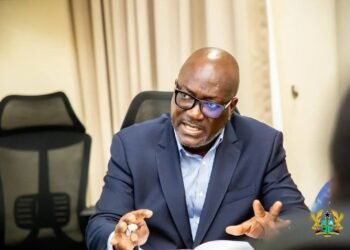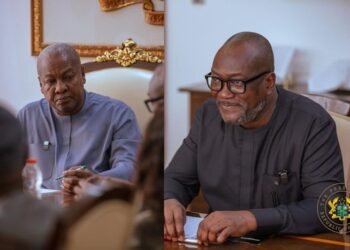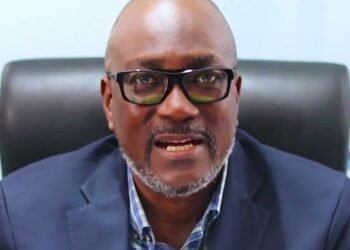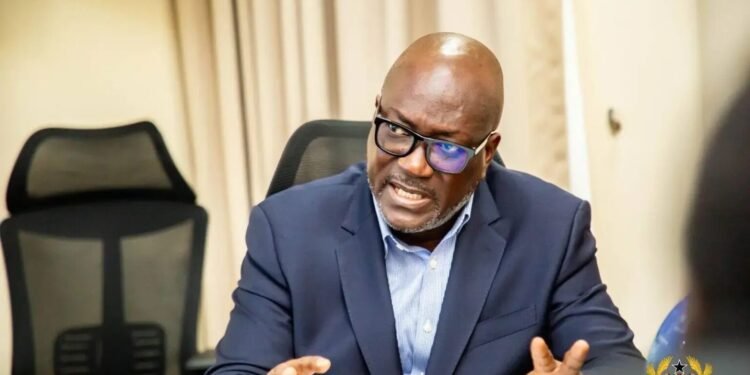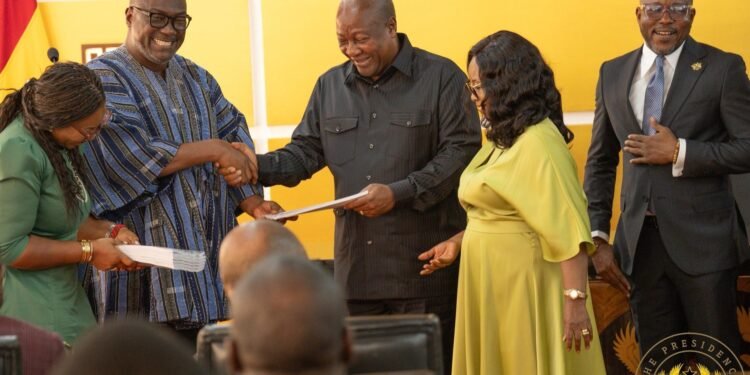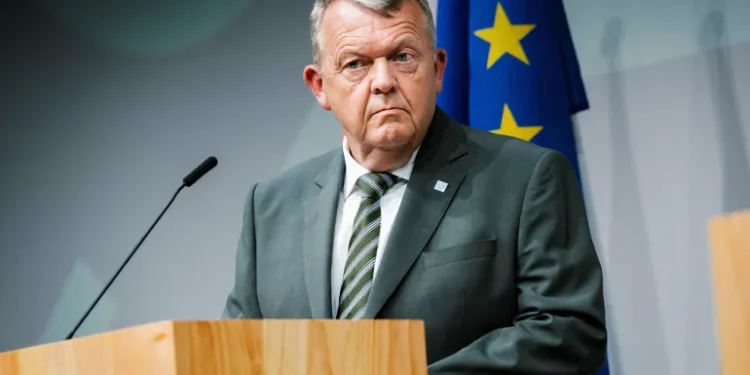The proposed conversion of the National Cathedral into a cultural convention center has ignited fresh controversy as the Board of Directors strongly opposes the idea, labeling it a departure from the project’s original purpose.
According to the board, while official communication is yet to reach them, it held an emergency meeting in response to widespread online media reports suggesting the project site may be repurposed.
“The Board of Directors of the National Cathedral held an emergency meeting on July 7, 2025, in response to online media reports that the National Cathedral site, gifted by the state for the construction of the National Cathedral, is to be converted into a Cultural Convention Centre. Although the Board has not received official communication and/or confirmation on such a decision.”
National Cathedral Board
The National Cathedral, envisioned as a sacred national infrastructure, was meant to serve a key role in Ghana’s formal religious ceremonies—including state funerals and national thanksgiving services.
In a statement released on Wednesday, July 9, 2025, the Board emphasized that the President’s designation of July 1 as Ghana’s National Day of Prayer highlights the critical need to complete the National Cathedral.
The move, which was marked by the first Christian National Day of Prayer held at the forecourt of the State House, was seen by the Board as a national affirmation of the cathedral’s purpose and urgency.
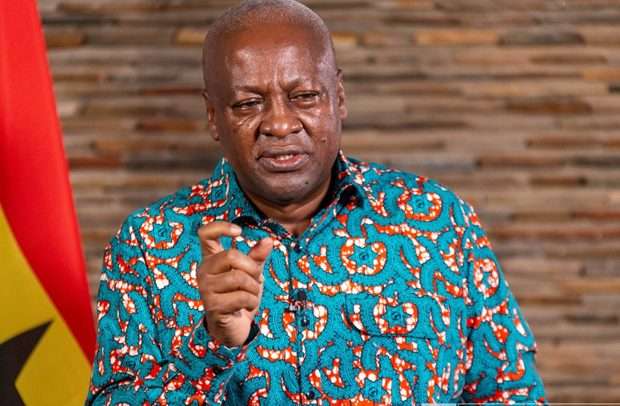
The statement, signed by Dr. Paul Opoku-Mensah, Executive Director of the National Cathedral of Ghana, also underscored the project’s broader scope.
Beyond its function as a place of worship, the cathedral is envisioned to include a Bible Museum that will document the historical and spiritual contributions of the Church in Ghana, across Africa, and among the diaspora.
This, the Board indicated, would establish the cathedral not only as a sacred space but also as a cultural landmark capable of attracting religious pilgrims and international tourists.
State-Backed National Cathedral Still Active, Board Insists
Central to the Board’s position is the assertion that the land allocated for the National Cathedral was legally granted by the state to a duly registered non-profit entity.
The full ownership deeds, they emphasized, were officially transferred to the company for the exclusive purpose of developing the site into a national religious monument.

“The designs for the Cathedral, the Bible Museum, Biblical Garden, Economic Engine—comprising 10 revenue streams including a 350-seater restaurant, banquet hall, conference hall, library—have all been completed based on the layout and specifications of the site.”
National Cathedral Board
The construction of the National Cathedral formally began in 2021, following the completion of preparatory activities on the site.
According to the board, by the time work was halted, around 8% of the overall structure had been completed, with architectural and design plans for both the Cathedral and the accompanying Bible Museum already finalized.
“The suspension of construction was due, largely, to a lack of funds, as well as a politicization and vilification of the project that affected fundraising.”
National Cathedral
Accordingly, the board reiterated that the National Cathedral project is still active and not abandoned.
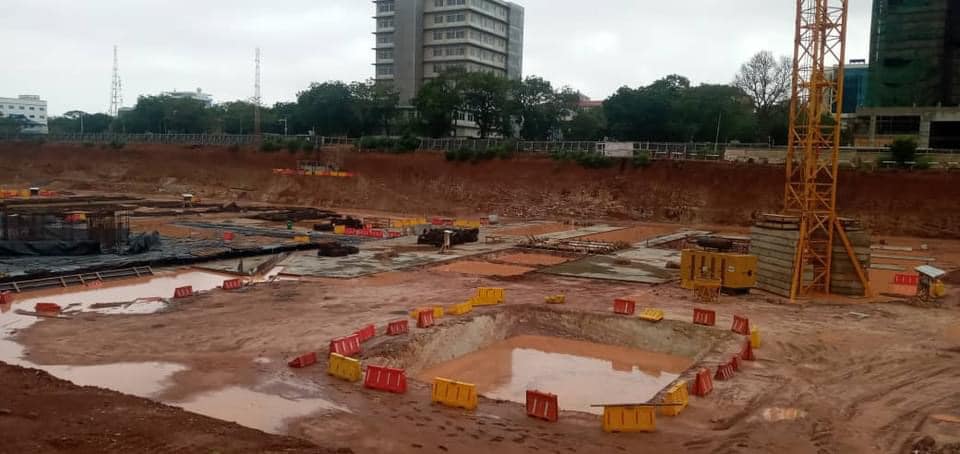
Referencing an audit conducted by Deloitte and Touche, they affirmed that all public funds allocated to the project were used in accordance with agreed contracts and were properly accounted for.
The audit also confirmed that disbursements were tied to actual work delivered.
Ongoing discussions are focusing on establishing a renewed strategy to ensure the project’s completion.
This includes measures aimed at reducing political interference, enhancing financial oversight, and forming a collaborative fundraising model that involves government, religious institutions, and civil society stakeholders.
As such, the board reaffirmed its commitment to completing the National Cathedral, which it envisions as both a spiritual center and a national symbol of unity.
The project is intended to offer an inclusive, interdenominational worship space while also promoting broader interfaith harmony across the country.
Until government officials provide clarity on the future of the site, the board remains steadfast in its mission.
For them, converting the location into a National Cultural Convention Center does not align with the sacred intent or the significant progress already made.
READ ALSO: Nigeria’s Opposition Blames Tinubu for U.S. Summit Snub





